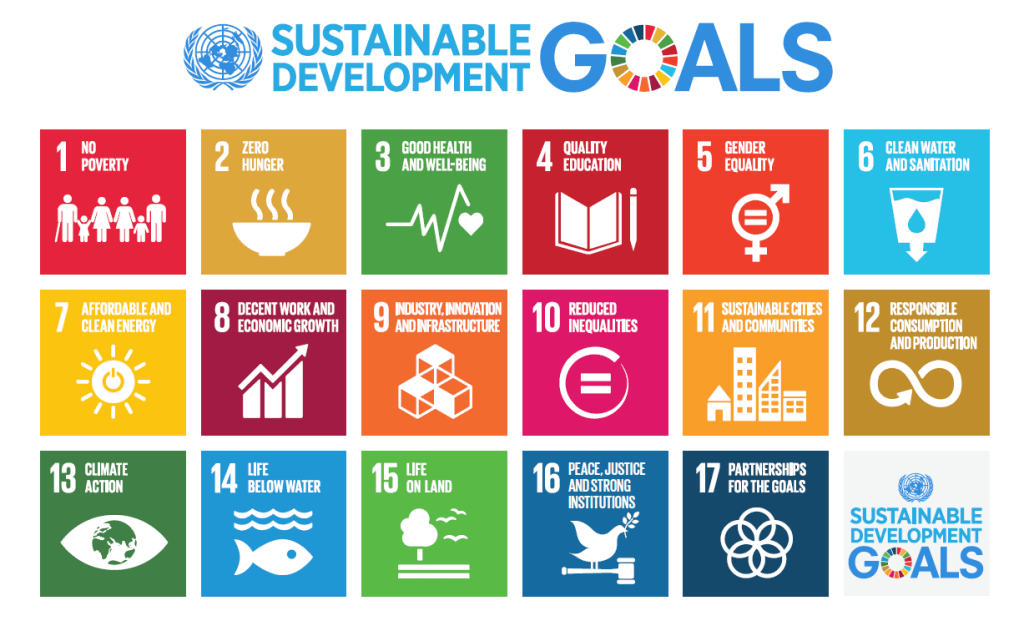
Teaching and learning sustainability is notoriously challenging, for a number of distinct yet related reasons. First of all it touches almost every aspect of today’s society, making it hard to structure and focus teaching, and for learners to follow. Second, almost independent disciplines remain the way academia is organized, as well as students’ learning from primary school. Most interesting insights in sustainability happen at intersections of disciplines, requiring solid understanding of biophysical basics of energy and ecosystems, as well human society, especially economics, sociology, anthropology, and psychology. Yet technology opportunities and limits, as well as public policy and institutions cannot be left out. Finally, interrelatedness and emergent properties of systems often dominate big issues in sustainability, not to mention non-linear and adaptive behavior, tipping points, and leverage points.
Combining these elements in a way suitable and engaging for first-year bachelor students was our primary motivation to develop SDG Explorer, a new course launched at BSL in 2017, a year after the SDGs themselves. Additionally, the SDGs have rapidly become the language and communication framework of sustainability in public administrations, as well as most large companies and business institutions, like the WEF or the WBCSD.
We were therefore delighted that the UN Sustainable Development Solutions Network (UN SDSN) selected BSL’s SDG Explorer as best practice, included in the guide Accelerating Education for the SDGs in Universities. Read the press release, report (p.20 / search for “Business School Lausanne”), best practice curricular initiatives, and about SDG Explorer.
The UN International Conference on Sustainable Development (ICSD), where this good news was announced, was held on 21-22.09.2020, this time entirely online. It was a big event: two days, 10 plenary sessions, 1700 participants from 149 countries. It is worth reading this excellent summary, and perhaps watching the session videos embedded on the page. The discussions ranged from the institutional responsibility of universities for the current state, their relevance to transforming society, sharing successful approaches to education, financing, leadership etc., and introduced tools like the Nature Map.
Coming back to our course SDG Explorer, being included in the SDSN report is not a sufficient condition for success. Learning must be personally relevant to students, involve evidence-based methods (active learning, feedback, building on prior knowledge, demonstrating how experts think, levels of cognitive activity, peer instruction, etc. – more on these in another blog), and most importantly, involve students in co-designing learning activities. Even this blog has been co-reviewed by the current students following this course, most of them highly engaged.

